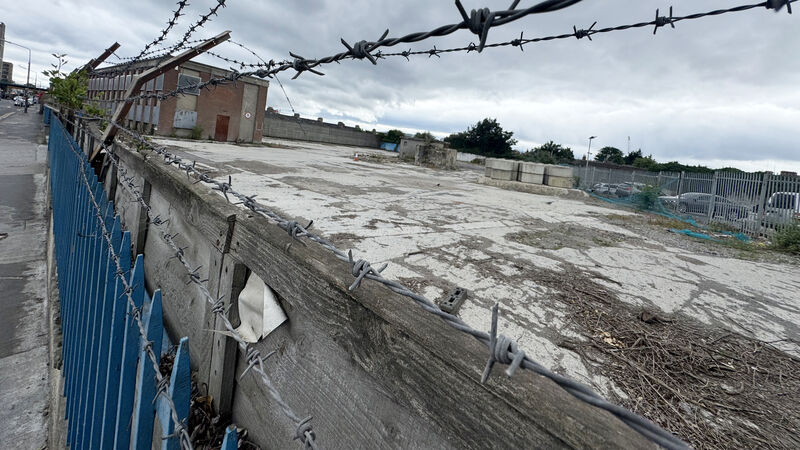Number of housing sites with nothing done since filing of commencement notice trebles

As part of Government measures to boost supply, there were two waiver schemes to incentivise developers to lodge commencement notices for housing. File photo: Sasko Lazarov/© RollingNews.ie
The number of housing sites where no building works had started despite a commencement notice being lodged has almost trebled, the Department of Finance has said.
In a paper on economic insights for the third quarter of this year, the department said using commencement notices — a formal notification that construction is set to begin — to forecast how many homes will be built should be “revisited”.










